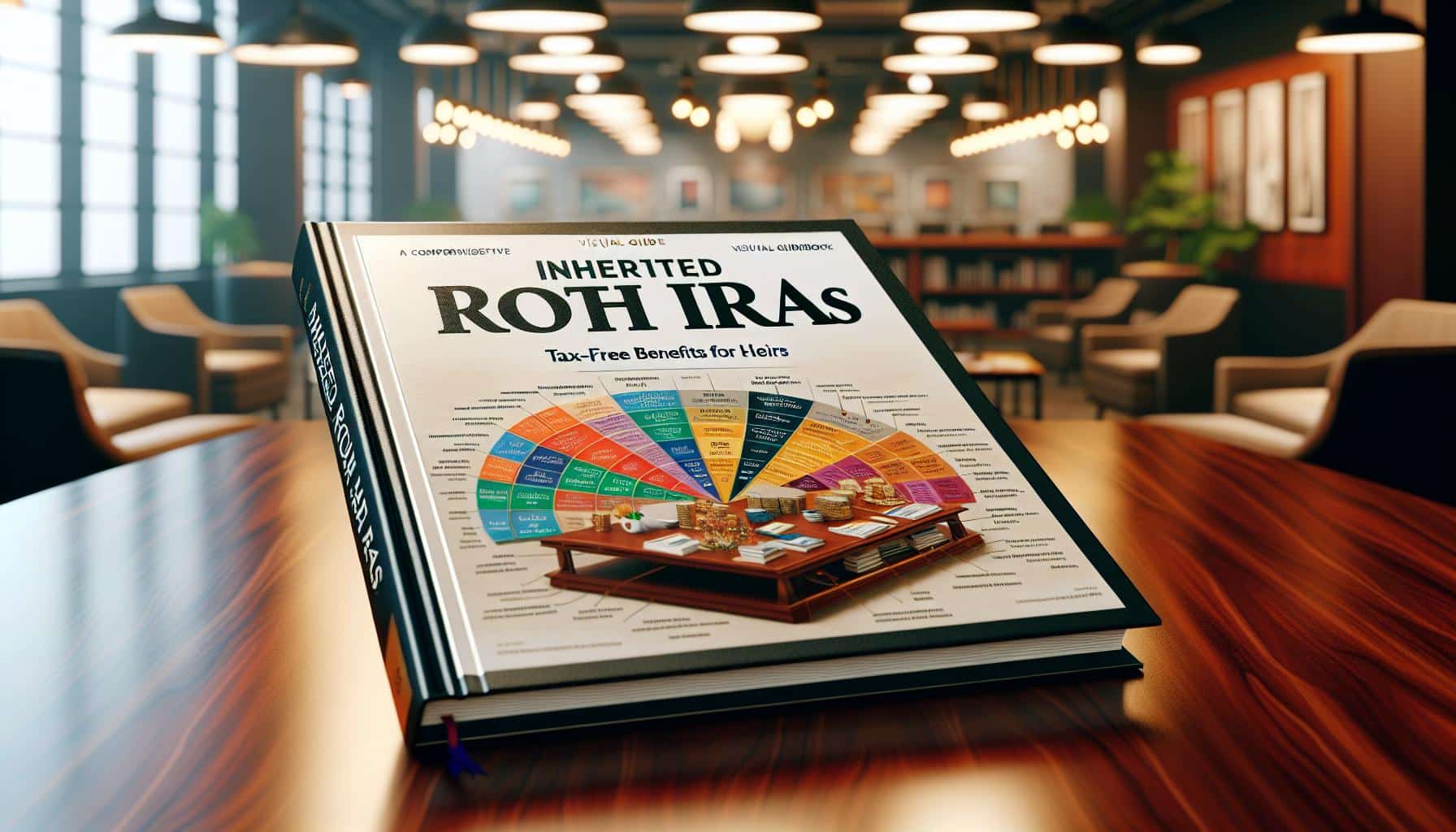Guide to Inherited Roth IRAs: Tax-Free Benefits for Heirs
Understanding Inherited Roth IRAs: Tax Advantages and Considerations
Inherited Roth IRAs offer heirs significant tax advantages and considerations to keep in mind. Unlike traditional IRAs, Roth IRAs are funded with after-tax dollars, which means that when they are inherited, distributions are tax-free for beneficiaries. This can be a game-changer for heirs, as it allows them to receive the funds without having to worry about paying taxes on the withdrawals. However, it’s important to note that there are certain rules and requirements that must be followed to maintain the tax-free status of the inherited Roth IRA.
Key Benefits: Explore Tax-Free Opportunities with Inherited Roth IRAs
One of the key benefits of inheriting a Roth IRA is the ability to withdraw funds tax-free. This can be especially advantageous for heirs who may be in a higher tax bracket than the original account holder. By avoiding taxes on distributions, heirs can maximize the value of the inherited funds and potentially use them for various financial goals, such as paying for education expenses or purchasing a home. Additionally, inherited Roth IRAs are not subject to required minimum distributions (RMDs) during the lifetime of the beneficiary, allowing for continued tax-free growth.
Navigating Inherited Roth IRAs: A Comprehensive Guide for Heirs
For heirs who inherit a Roth IRA, it’s essential to understand the rules and options available to them. First, beneficiaries have the choice to either take a distribution of the entire account within five years of the original owner’s death or stretch the distributions over their own life expectancy. Stretching the distributions can be a more tax-efficient strategy, as it allows for continued tax-free growth and minimizes the immediate tax burden. Additionally, it’s important to keep track of the required minimum distributions if the original account holder was already taking them at the time of their death.
Maximizing Inherited Roth IRAs: Strategies for Tax-Free Growth
To maximize the tax-free growth potential of an inherited Roth IRA, beneficiaries should consider contributing to the account if they have earned income. While inherited Roth IRAs are not subject to contribution limits, the key requirement is that the account must have been open for at least five years before any contributions can be made. By taking advantage of this opportunity, heirs can further grow their inherited funds in a tax-free environment and potentially pass on even more wealth to future generations.
Tax Planning Made Easy: Unraveling the Benefits of Inheriting Roth IRAs
Inheriting a Roth IRA can be a valuable tool for tax planning. By understanding the tax advantages and considerations associated with inherited Roth IRAs, beneficiaries can strategically plan their distributions to minimize their tax liability and maximize the growth potential of the account. It’s also important to work with a financial advisor or tax professional who can provide guidance and help navigate the complex rules and regulations surrounding inherited Roth IRAs. With proper planning and knowledge, heirs can fully leverage the tax-free benefits of inherited Roth IRAs to secure their financial future.
In conclusion, inheriting a Roth IRA provides heirs with unique tax advantages and opportunities for tax-free growth. Understanding the rules and requirements of inherited Roth IRAs, as well as implementing strategies to maximize their potential, is key to reaping the full benefits of this inheritance. By taking advantage of the tax-free withdrawals, stretching distributions, and potentially contributing to the account, heirs can ensure that they make the most of their inherited Roth IRA and secure a tax-free financial future.













